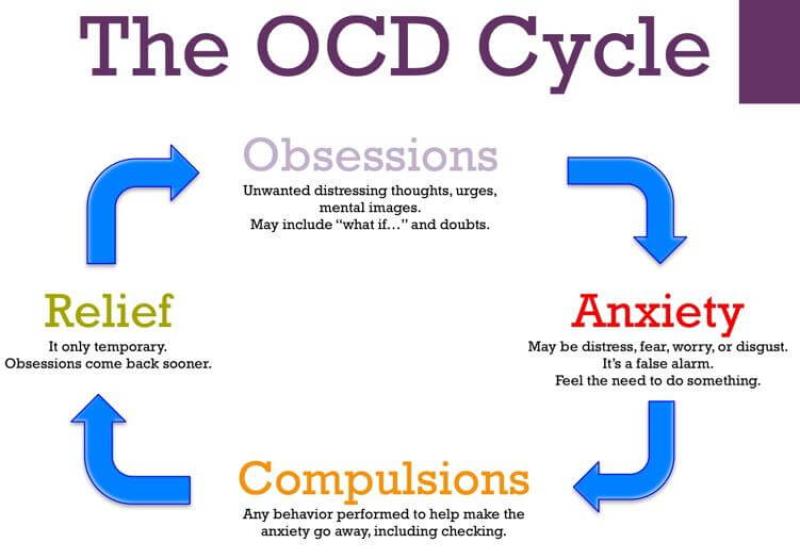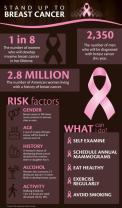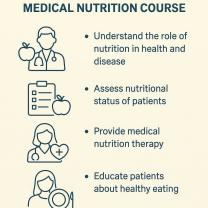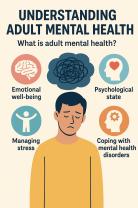How to help someone with OCD?
Supporting someone with OCD involves understanding the condition and offering empathy and practical assistance. Here are some strategies:
Educate Yourself: Learn about OCD to understand what the person is experiencing. Knowledge can help you provide informed support without judgment.
Listen and Validate: Be a patient listener. Validate their feelings and experiences without downplaying or dismissing them.
Encourage Treatment: Suggest seeking professional help from a therapist specializing in OCD treatment. Cognitive-behavioral therapy (CBT) and exposure and response prevention (ERP) are effective treatments.
Support Treatment Compliance: Help them stick to their treatment plan by offering reminders, accompanying them to appointments, or providing encouragement.
Be Patient: Understand that progress might be slow. Avoid showing frustration or impatience, as recovery takes time.
Encourage Self-Care: Support healthy habits like exercise, proper nutrition, and adequate sleep. A balanced lifestyle can positively impact their mental health.
Practice Compassionate Exposure: If appropriate, assist in gentle exposure exercises. This involves gradually facing fears or triggers in a supportive environment.
Set Boundaries: While being supportive, avoid enabling their rituals or compulsions. Encourage healthy coping mechanisms instead.
Reduce Stressors: Create a calm and supportive environment. Minimize stressors or triggers when possible.
Avoid Stigmatization: Don’t label or judge them based on their symptoms. Be mindful of your language and responses.
Encourage Self-Help Resources: Share reliable books, articles, or online resources about OCD. Support groups or forums can also provide a sense of community.
Practice Self-Care: Supporting someone with OCD can be challenging. Make sure to take care of your mental and emotional well-being as well.
Remember, your role is to offer support and understanding, but the individual with OCD needs professional help. Encourage and assist them in seeking appropriate treatment.
Provide emotional support and understanding: OCD is a debilitating mental health condition that can significantly impact an individual's life. Offering empathy, compassion, and reassurance can go a long way in alleviating their distress. Listen to their concerns without judgment, validate their experiences, and let them know they are not alone in their struggle.
Educate yourself about OCD: Understanding OCD and its symptoms can help you better support the individual. Learn about the types of obsessions and compulsions they experience, the triggers that exacerbate their symptoms, and the available treatment options. This knowledge will enable you to provide more informed and helpful assistance.
Acknowledge their efforts and progress: Celebrate their achievements, no matter how small. Encouragement and positive reinforcement can motivate them to continue pursuing treatment and managing their OCD symptoms. Acknowledge their willingness to confront their struggles and their dedication to improving their well-being.
Encourage professional help: OCD is a treatable mental health condition, and seeking professional help is essential for managing symptoms and improving quality of life. Encourage the individual to consult a therapist experienced in treating OCD. They can provide personalized guidance, cognitive behavioral therapy (CBT) techniques, and potentially recommend medication if appropriate.
Respect their coping mechanisms: While some compulsions may seem irrational or excessive, they often serve as a way for individuals with OCD to manage their anxiety. Respect their coping mechanisms while gently encouraging them to gradually reduce their reliance on them.
Avoid enabling compulsions: While it's important to be supportive, avoid enabling their compulsions. This can reinforce their belief that compulsions are necessary to alleviate anxiety. Instead, encourage them to engage in alternative coping mechanisms, such as relaxation techniques or distraction strategies.
Maintain open communication: Encourage open and honest communication about their OCD experiences. This will allow you to better understand their struggles and provide tailored support. Listen to their concerns without judgment and offer guidance without imposing your own opinions or beliefs.
Encourage relaxation techniques: Help them incorporate relaxation techniques into their daily routine. These can include deep breathing exercises, meditation, progressive muscle relaxation, or yoga. These practices can help reduce anxiety and improve emotional regulation.
Promote lifestyle changes: Encourage healthy lifestyle habits that can support their overall well-being. This includes regular exercise, adequate sleep, a balanced diet, and stress management techniques. These factors can collectively contribute to better OCD symptom management.
Seek support for yourself: Caring for someone with OCD can be demanding and emotionally taxing. Prioritize your own well-being by seeking support from friends, family, or mental health professionals. Engage in activities that bring you joy and relaxation, and take care of your physical and mental health.













